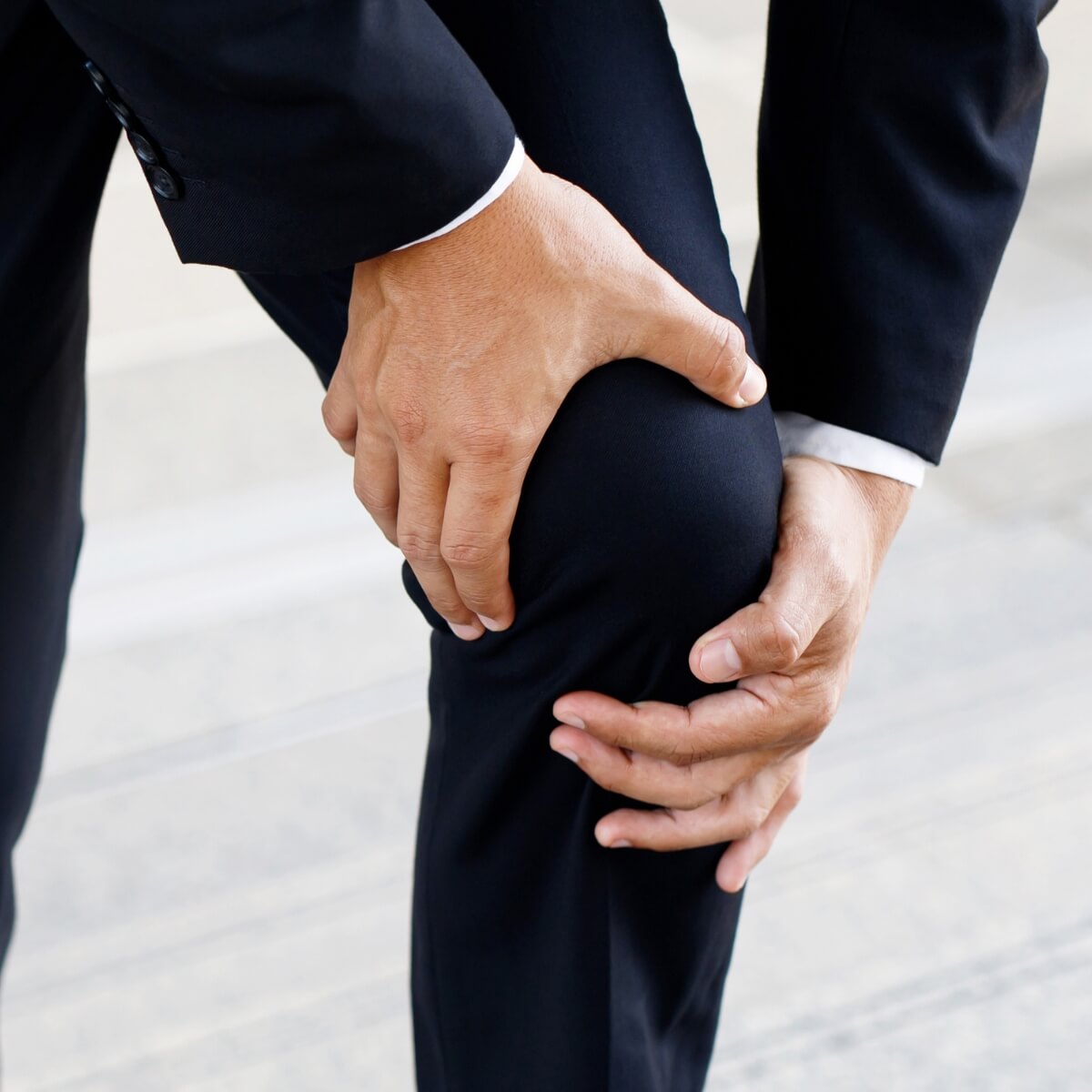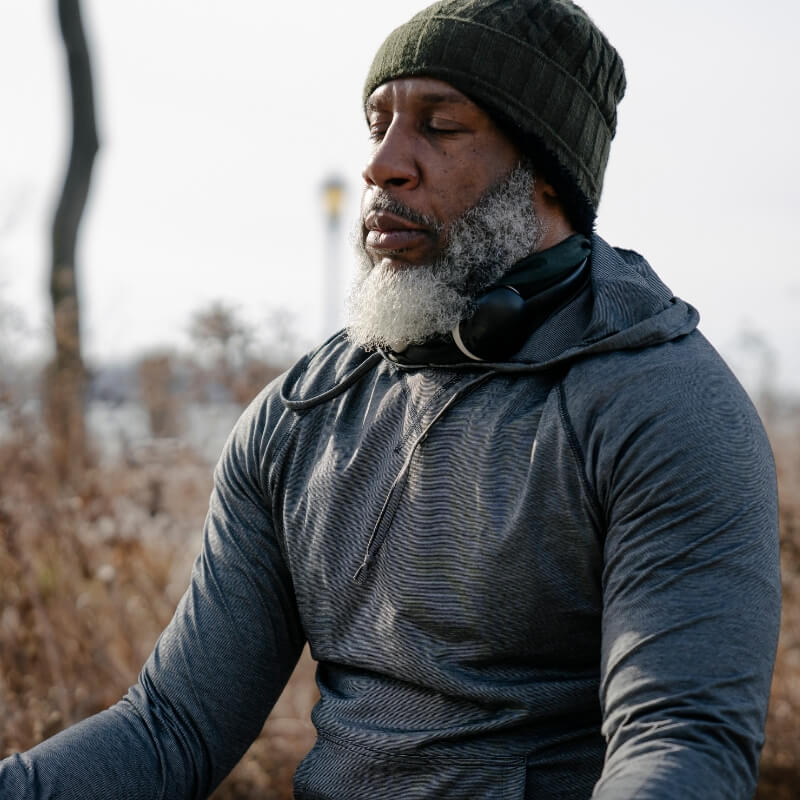
Lets Dive into the Science of Cold Therapy.
When people immerse their body in cold water, it causes a series of physiological responses, including a decrease in core body temperature, increased blood flow, and the release of endorphins and other mood-enhancing hormones. This can lead to a variety of benefits, including reduced inflammation, improved recovery, increased energy and alertness, and better mental health.
This is because when your body is exposed to cold, it goes into survival mode and releases hormones that help you deal with stress. This can help you feel more alert, focused, and energised. Additionally, cold therapy can help to reduce stress and anxiety, improve sleep, and even boost your metabolism.
cold water immersion triggers a complex set of physiological responses that can have significant effects on the body and mind. The science behind these responses is still being studied, but the benefits of cold therapy are becoming increasingly recognised and utilised in various contexts, from sports recovery to general health and wellness.

Cold water immersion has been shown to be an effective tool for increasing energy and improving focus. The shock of the cold water can stimulate the body's sympathetic nervous system, leading to an increase in adrenaline and other neurotransmitters, in particular Dopamine.
Dopamine is often referred to as the "feel-good" neurotransmitter because it contributes to feelings of pleasure, motivation, and reward. It influences our mood, motivation, and cognitive functions, including attention, memory, and learning. When dopamine levels are increased, individuals may experience a heightened sense of well-being, improved mood, enhanced motivation, and sharper focus.
Being in a high dopaminergic state can have numerous benefits. It can promote a positive outlook, increase drive and productivity, and enhance cognitive performance. Dopamine helps regulate our brain's reward system, reinforcing behaviors that are associated with pleasure and motivation. This can lead to improved concentration, mental clarity, and the ability to stay engaged in tasks for longer periods.

Dopamine is converted into noradrenaline, also known as norepinephrine, through a process called dopamine beta-hydroxylase. Noradrenaline is another important neurotransmitter that plays a crucial role in the body's stress response and arousal.
The conversion of dopamine to noradrenaline allows for a shift in the neurotransmitter's effects. While dopamine is associated with pleasure, motivation, and reward, noradrenaline is involved in attention, focus, and alertness. It helps regulate the body's physiological responses to stress and promotes a state of wakefulness.
By increasing noradrenaline levels, cold water immersion can enhance alertness, improve cognitive function, and boost overall mental performance. It can help combat feelings of fatigue, increase mental clarity, and promote a heightened state of focus.
The benefits of dopamine conversion to noradrenaline extend beyond cognitive function. Noradrenaline is also involved in regulating blood pressure, heart rate, and metabolism. It helps increase blood flow to the muscles, providing a surge of energy and promoting physical performance.
Incorporating cold water immersion, such as ice baths, into your routine can stimulate the conversion of dopamine to noradrenaline, leading to increased alertness, improved cognitive performance, and enhanced physical readines

When you immerse yourself in cold water during an ice bath, your body experiences a rapid drop in temperature. In response, your body initiates mechanisms to regulate its core temperature and bring it back to normal. This process involves increased circulation and metabolic activity, which can raise your core body temperature.
By engaging in ice baths, you are essentially providing a stimulus to your body to elevate its core body temperature. This can help promote alertness and wakefulness, especially if you take an ice bath in the morning or during a time when you need to be more focused and energised. The increase in core body temperature triggered by an ice bath can stimulate physiological processes that support mental clarity, cognitive function, and overall alertness.
It's important to note that core body temperature naturally fluctuates throughout the day, with the highest levels typically occurring in the late afternoon or early evening. Taking an ice bath during these times can help counterbalance any potential dips in core temperature, promoting sustained alertness and preventing a decrease in energy levels.
Backed by our 90-day satisfaction guarantee, the Starter Kit includes everything you need to confidently trial the life-changing ice bath experience today and kick off your transformative journey.
LIMITED TIME OFFER ENDS SOON

Taking ice baths in the morning can benefit your sleep in multiple ways. It helps regulate cortisol, a hormone that affects your body's stress response. Cortisol levels naturally peak in the morning and decrease throughout the day. By exposing your body to cold water early in the day, it can optimise cortisol release, which is important for establishing a healthy sleep-wake cycle.
When you immerse yourself in cold water, your body experiences a stress response, leading to the release of cortisol. This acute stressor can help synchronize the cortisol rhythm with your desired sleep pattern. By aligning the cortisol levels with your sleep-wake cycle, you may experience better sleep quality.
Choosing to use cortisol in a positive way in the morning, such as through an ice bath, means there is less cortisol available for the rest of the day. This can help reduce restlessness in the evening and promote a sense of relaxation, contributing to improved sleep.
A study by Kruse et al. (2018) found that cold water immersion had positive effects on cortisol levels and improved sleep quality in athletes. (see reference below)

Ice baths offer numerous benefits for exercise recovery, aiding in faster muscle repair, improved circulation, alleviation of muscle soreness, and enhanced muscle function. Here's how they work:
Incorporating ice baths into your post-workout routine can accelerate your recovery, improve circulation, alleviate muscle soreness, and enhance muscle function. Enjoy the benefits of ice baths to optimise your exercise recovery and achieve better overall performance.

Ice baths are a powerful tool for reducing inflammation, providing relief for chronic inflammatory conditions like rheumatoid arthritis. When you immerse yourself in cold water, blood vessels constrict, limiting inflammation and slowing down the release of inflammatory mediators. Ice baths also numb the affected area, temporarily relieving pain and reducing the sensation of inflammation.
For athletes and those engaged in intense physical activities, ice baths help reduce post-exercise inflammation and accelerate recovery from muscle damage. Incorporating ice baths into your recovery regimen can alleviate inflammation, reduce pain, and promote overall well-being.
Ice baths offer a natural and effective approach to support your body's inflammatory response and enhance your recovery from exercise and chronic inflammatory conditions like rheumatoid arthritis.

Engaging in daily ice baths requires dedication, commitment, and the ability to override short-term discomfort for long-term gains. Here's a look at the benefits and the science behind self-discipline in relation to daily ice baths:
Before you embark on your ice bath experience, it's crucial to ensure that you're fully prepared. Gather your supplies, including a sturdy tub that can hold water and ice. Consider using an insulated tub from our StarterKit, which keeps the water temperature low for an extended period. Additionally, our StarterKit guide provides detailed instructions and tips to help you along the way.
Find a suitable location for your ice bath experience. Ideally, choose a calm and serene environment where you can relax without interruptions. Make sure the tub is placed on a flat, stable surface, such as your bathroom floor or outdoor patio. Keep in mind that some individuals prefer adding the cooling unit from our StarterKit to achieve their desired temperature, while others prefer the classic method of filling the tub with ice.
Begin by filling the tub with cold water and gradually introduce ice. Start with a smaller amount of ice, and as your body adapts to the cold, increase the ice quantity over subsequent sessions. Remember to consult the guide in our StarterKit for detailed information on the optimal water-to-ice ratio and recommended duration for your initial ice bath.
Take a moment to mentally prepare yourself before entering the ice bath. Focus on your breathing and adopt a calm mindset. Slowly lower yourself into the water, allowing your body to adjust gradually. Stay mindful of your comfort level and do not push beyond what feels manageable for you during your first ice bath. By practicing patience and listening to your body, you can begin to experience the multitude of benefits that ice baths offer.
During your ice bath, it's essential to stay engaged and keep your mind occupied. Consider engaging in a relaxing activity such as listening to soothing music, practicing mindfulness meditation, or reading a book. This step helps distract your mind from the cold sensation and enhances the overall experience.
Once you've completed your ice bath, it's important to take care of your body to maximise the benefits and aid in recovery. Quickly dry yourself off and consider wrapping yourself in warm clothing or using a blanket to help raise your body temperature. Engage in light physical activity or gentle stretching to promote blood circulation. Reflect on your experience and take note of the positive effects you feel, such as increased energy or reduced muscle soreness.
Before embarking on an ice bath, it's crucial to be aware of potential risks, particularly if you have certain health conditions. Consult your healthcare professional beforehand, as they may advise against ice baths if you have high blood pressure, heart disease, circulatory problems, increased cold sensitivity, or an open wound. Pregnant women are also advised to avoid ice baths.
To prevent hypothermia, which occurs when the body temperature drops too low, use a timer and keep ice baths brief. Pay attention to your body during the session and exit immediately if you experience uncontrollable shivering or changes in skin color.
Begin with shorter durations and lower ice-to-water ratios, gradually increasing them over time to allow your body to adapt safely to the cold.
It is important to prioritise safety by seeking medical advice, using a timer, listening to your body, and adopting a gradual approach. By doing so, you can enjoy the benefits of ice baths while minimising potential risks.
Please note that the information provided is for educational purposes only and should not be considered as medical advice. Always consult with a healthcare professional before attempting any new health regimen.
"The cold-water immersion group showed a significant decrease, with a large effect size, of 15 points from 51 to 36, compared to 2 points in the control group, 42 to 40. Positive sub-scales increased significantly in the cold-water immersion group (Vigour by 1.1, and Esteem-Related Affect by 2.2 points) and negative sub-scales showed significant reductions (Tension by 2.5, Anger 1.25, Depression 2.1, Fatigue 2.2, and Confusion 2.8 points). The control showed no significant change except for depression, which was significantly higher after the period by 1.6 points."
"The pain level after application of the cold therapy decreases significantly. The pain reduction lasts about 90 minutes. The initial pain level decreases during the whole time of treatment, no significant improvement, though, can be shown from the middle to the end of the four-weeks treatment. According to the results of our study, there is evidence that the whole-body cold therapy generates important short-term effects and somewhat weaker effects over the treatment period as a whole. Short-term pain reduction facilitates intensive application of physiotherapy and Occupational Therapy. The treatment procedure is practicable, and all in all well tolerated. From the patients' point of view, whole-body cold therapy is an essential part of the rehabilitation programme."
"Whole-body cryotherapy is a useful method to improve standard pharmacological treatment. The WBC intervention reduces mental health deterioration, especially in mood disorders, such as depression, and can be beneficial for well-being and quality of life."
https://pubmed.ncbi.nlm.nih.gov/34755128/
Reference:
Kruse, N. T., Scheuermann, B. W., & Turner, A. T. (2018). The effects of cold water immersion on the cortisol response and markers of muscle damage and inflammation following a high-volume, resistance exercise protocol. Journal of Science in Sport and Exercise, 1(1), 77-85.
Backed by our 90-day satisfaction guarantee, the Starter Kit includes everything you need to confidently trial the life-changing ice bath experience today and kick off your transformative journey.
LIMITED TIME OFFER ENDS SOON